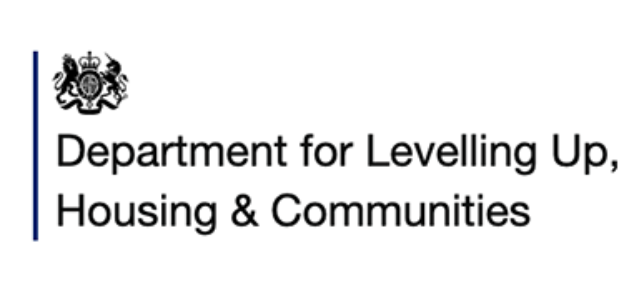
Health and Social Care Social Investment Hub
Everything you need to know about social investment in the health and social care sector. Find FAQs, reports & case studies – all in one place.

Currently, people experiencing multiple disadvantage are supported through separate public and voluntary services but this system is not working and can often make things worse.
Changing Futures is a £64m three-year programme funded by the government and the National Lottery Community Fund. Our role is to help the 15 local areas to establish new, innovative and co-ordinated ways to support vulnerable adults. We’re supporting services to work together, learn together and move towards a ‘whole person’ approach where people are treated as individuals, and where accountability and ownership of support is shared across the system.
People experiencing multiple disadvantage are among the most vulnerable in our communities but often face difficulties getting the coordinated support they need from local services.
One of the reasons is that services are commissioned and operated separately and staff do not have access to shared data and people’s case histories.
To get support, people must tell their story to each of the different services they interact with, often in a crisis when they may not be in a position to recount their history in detail. This leads to them missing out key information that staff need in order to direct them to the right support when they need it the most. Having to frequently retell their story can also be retraumatising.
Without the right support, cycles of disadvantage continue and worsen, impacting the individuals, their families and communities and creating higher demand and costs for local frontline services and systems.
We know from our extensive experience that, for big, complex social issues like this which require lasting service and system change, there isn’t one solution that will work everywhere. Each of the 15 areas has established their own partnership bringing together services such as their local voluntary and community sector, the NHS, the police and others.
We are working closely with each area as a learning partner. We provide one-to-one area support leaders to help understand each partnership’s needs and challenges, define and map their goals, review and reflect on progress and learnings and provide tailored guidance on next steps or how to overcome hurdles they may be facing. This could be around big long-term goals such as how services are commissioned, measured and improved or how data can be shared. It could also be around day-to-day activities of making a systems change partnership work such as designing effective workshops that bring together all the stakeholders.
Alongside our partner, Revolving Doors, we’re championing co-production, involving experts – people with lived experience of multiple disadvantage – in designing, delivering and evaluating services as well as governance and decision making. This is vital to really understand what isn’t working and how to change it in a trauma-informed way.
We’re able to apply what we learn in one partnership to help others and offer additional expert skills and resources in our wider team. We help with:
Social Finance’s support has provided timely feedback, the opportunity to test and refine approaches, as well as connecting to new ideas and tools… they understand the challenges involved with delivering complex change, and have provided a much-needed boost of positivity.
Mark Methven, Programme Lead — Changing Futures, Westminster City Council
This is a long-term project and its impact will develop over time but by the end of the three years we expect each area to have:
The Changing Futures programme was announced in 2020, began work in local areas in July 2021 and will continue until the end of March 2024.
The following blogs dive deeper into some of the things we’ve learned during the project.
What is meaningful data for people experiencing multiple disadvantage?
Leading systems change: Three key lessons
Understanding systemic constraints using communities of practice



If you’d like to find out more about this project or are interested in something similar, chat to our team.
Find out more